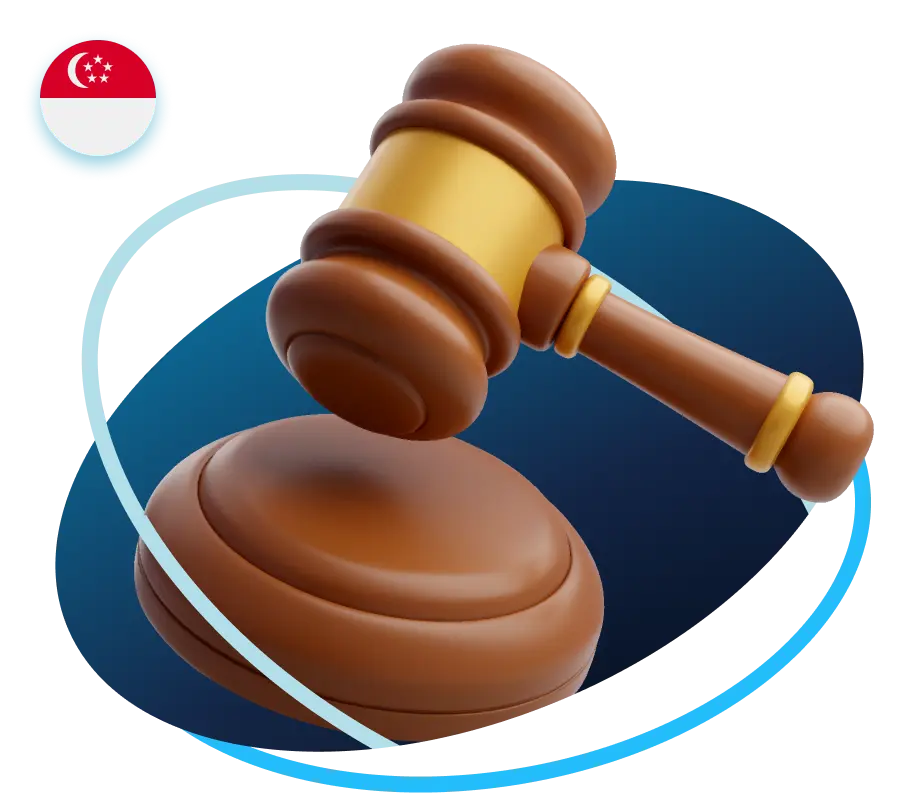
并非所有新加坡员工都受《劳动法》保护。然而,该法覆盖了本地和外籍员工,无论他们是全职、兼职还是临时工,也适用于任何支付方式——无论是按月、按日、按小时,还是按件计费。
以下类别的员工不受《劳动法》保护:
对于每周工作时间少于 35 小时的兼职员工,《劳动法》将适用 《兼职员工劳动条例》 的相关规定。
作为企业主,为避免面临罚款或监禁等处罚,最好遵循最佳实践。首次违规可能会导致 $5,000 的罚款、六个月监禁或两者兼施。若再次违规,罚款可提高至 $10,000,监禁时间延长至一年,或两者兼施。
雇佣合同,也称为雇佣协议或聘用书,是一份具有法律约束力的文件,用于明确雇主与员工之间的关系。它涵盖以下关键内容:
确保合同条款符合或超过《劳动法》规定的最低标准非常重要,以便为员工提供公平且合规的工作条件。从一开始就确保条款清晰透明,有助于防止误解,并确保双方达成一致。
以下是关于工作时间和加班的法律规定:
然而,这些关于工作时间和加班的规定不适用于月薪超过 SGD 2,600 的员工。对于高收入者,工作时间和安排通常由雇主与员工协商决定。
在实际操作中,新加坡的常规工作时间通常为上午 9 点到下午 6-7 点,大多数员工在工作日工作 9 到 10 小时,部分员工在周六工作半天。
根据人力部(MOM)《劳动法》,私人健康保险并非强制要求。新加坡公民和永久居民(PR)自动享有 MediShield 保障,这是一种基础、低成本的保险计划。员工的 MediSave 账户通过部分公积金(CPF)供款资助,可用于支付本人及其受抚养人的医疗费用。
尽管如此,许多新加坡雇主选择提供额外的私人健康保险作为员工福利。这在大型公司中尤其常见,而较小的企业可能未必提供此项福利。
对于雇佣持就业准证(Employment Pass)的外籍员工的公司,通常也会将私人健康保险作为福利套餐的一部分,以提供额外保障,增强员工的安心感。
已连续工作超过三个月的女性员工受相关法规和惯例的保障,有权享受带薪产假及以下福利:
通过终止服务合同,员工或雇主均可终止雇佣关系。终止雇佣可能基于以下原因:
在新加坡,终止雇佣合同的通知期天数并未由法律规定,因此取决于合同中的约定。雇主和员工通常需遵守相同的条款。
双方可通过书面通知终止合同,或以薪资代替通知期。然而,在严重违反合同的情况下,任何一方可在无需通知的情况下终止雇佣关系。员工也可以使用累积的年假来抵扣通知期。
在新加坡的惯例是,在试用期间要求 两周通知期,而员工正式转正后,通常要求 一个月通知期。
以下是针对月薪低于 SGD 2,600 员工的法律规定:
以下是关于强制性退休储蓄计划的法规要求和惯例:
在新加坡,员工还可以根据雇主的决定享受额外的非法定福利。以下是一些最常见的非法定福利:
如果公司未能遵守《劳动法》的规定,可能面临严重后果。对于每项违规行为,公司可能被罚款高达 S$5,000,相关管理人员可能被判处 最长 6 个月的监禁,或两者兼施。对于重复违规行为,罚款可高达 S$10,000,监禁时间最长可达 1 年,或两者兼施。
关于雇佣合同,新加坡的常见做法是:在试用期内要求 两周通知期,员工正式转正后通常要求 一个月通知期。
聘请一位HR经理是确保公司政策正确设立并保持最新的绝佳方式。制定标准合同,例如聘用书或雇佣协议,对保护企业和员工的利益都至关重要。此外,定期审查这些合同可以确保其持续符合新加坡劳动法的要求。
但是,为什么不让这一切变得更简单呢?选择 Glints,东南亚领先的专家,轻松解决跨地区的人力资源和合规管理难题。我们的本地专业知识让我们深入了解每个东南亚市场的法规和细微差别,确保您的人力资源运作顺利无忧。
从准备雇佣文件到监管合规检查,我们为您全程管理,让您省心省力。
放心组建您的团队,我们为您处理合规事宜。